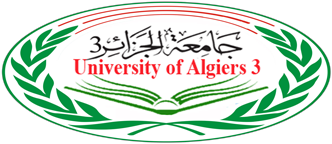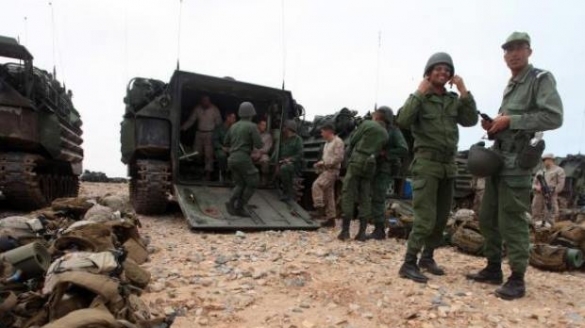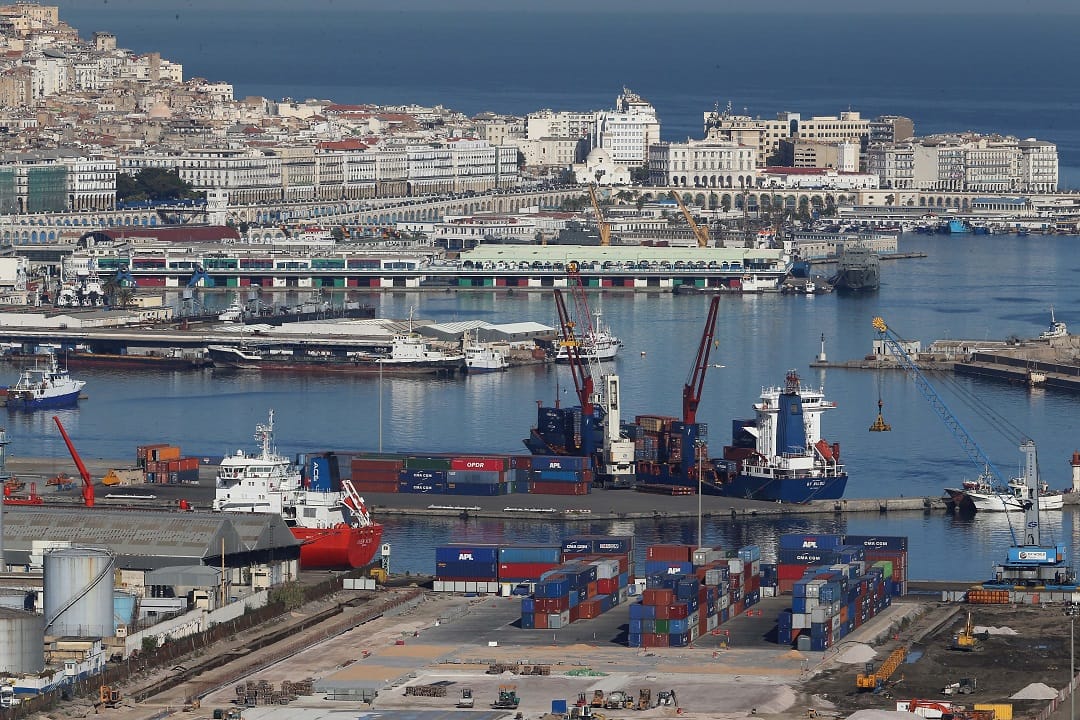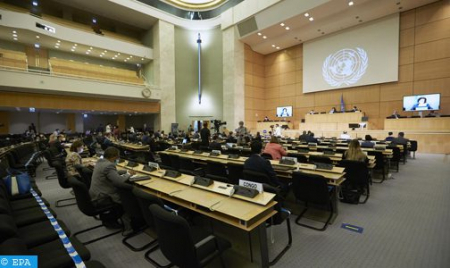 After censoring and co-opting the free press sending several journalists to jail, now is the turn of academicians. The Algerian regime moved to stifle researchers who venture to do objective study unearthing the predicaments of the ailing military regime in Algiers.
After censoring and co-opting the free press sending several journalists to jail, now is the turn of academicians. The Algerian regime moved to stifle researchers who venture to do objective study unearthing the predicaments of the ailing military regime in Algiers.
The case of Leila Sidhoum is illustrative of the authoritarian measures prejudicial to the freedom of speech and research in Algeria. Leila Sidhoum, a PhD student told the BBC that her thesis on democratic transition in Algeria was withheld by the Faculty of Political Science at the University of Algiers 3.
Leila Sidhoum assured that she had already succeeded in defending her thesis before a board and denounced the censorship and intimidation by the University due to their disapproval with the political content of her text.
Leila Sidhoum, who is also an assistant professor at the university, dedicated her research to a decisive phase in Algeria’s recent history marked by Military coups and the abortion of the democratic process in 1989 as well as the 1990s black decade. Her thesis, themed “the role of governing elites in the democratic transition in Algeria, from 1989 to 2016” investigates an era in Algerian history that is at the root of Algeria’s current authoritarian impasse.
She deplored that despite passing all steps to graduate, her thesis was withdrawn from the Library and her degree was blocked upon orders from the dean himself.
Contacted by the BBC, the University justified their censorship saying that Sidhoum included allegations and unscientific statements about the military regime, accusing the board of professors who evaluated the research of failing to properly check the work’s content.
Sidhoum was asked to remove the parts in which she spoke of the victory of the FIS Islamists in the elections and the role of the army in the 1990s bloodshed.
The Sidhoum case shows the scale of dissent co-option by the Algerian deep state, which is set to maintain the authoritarian status quo. Ninety-two new universities were created over the past two decades leading to the creation of thousands of professorships, teaching positions, and scholarships for students. Trough this policy, Algeria, in contrast to Tunisia and Morocco, successfully pacified the contentious inclination of educated unemployed youth and their professors.


